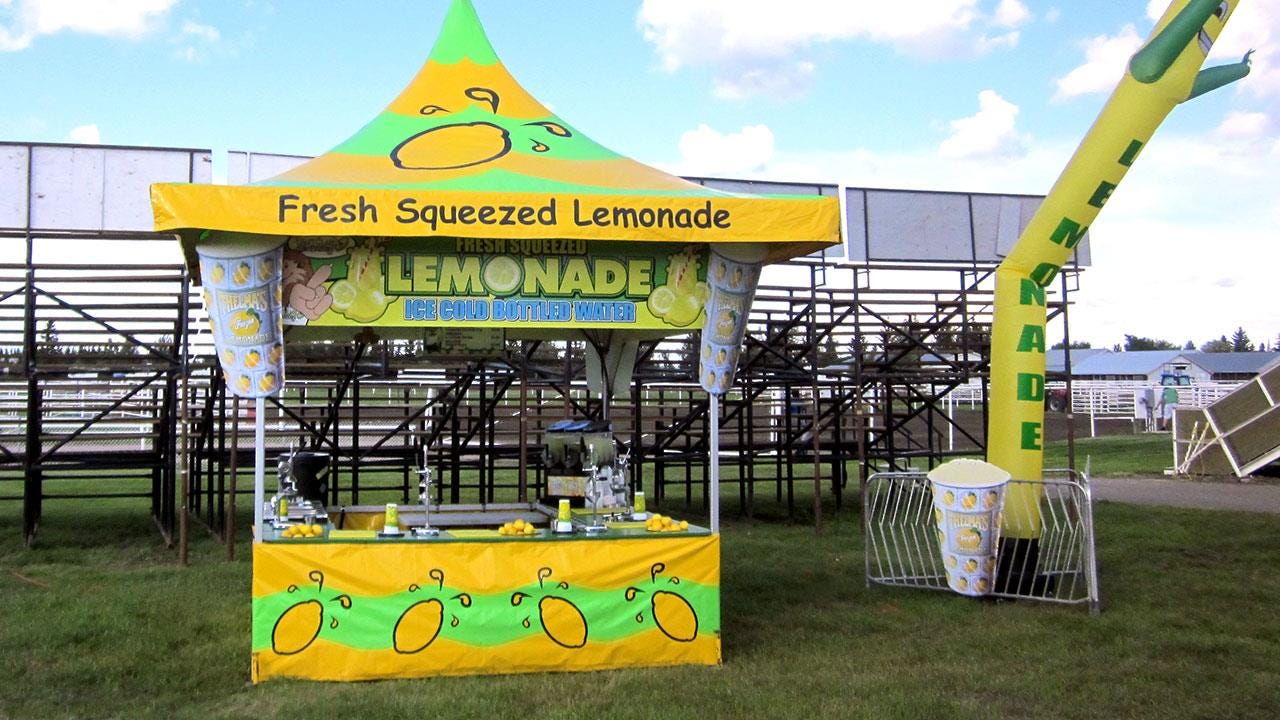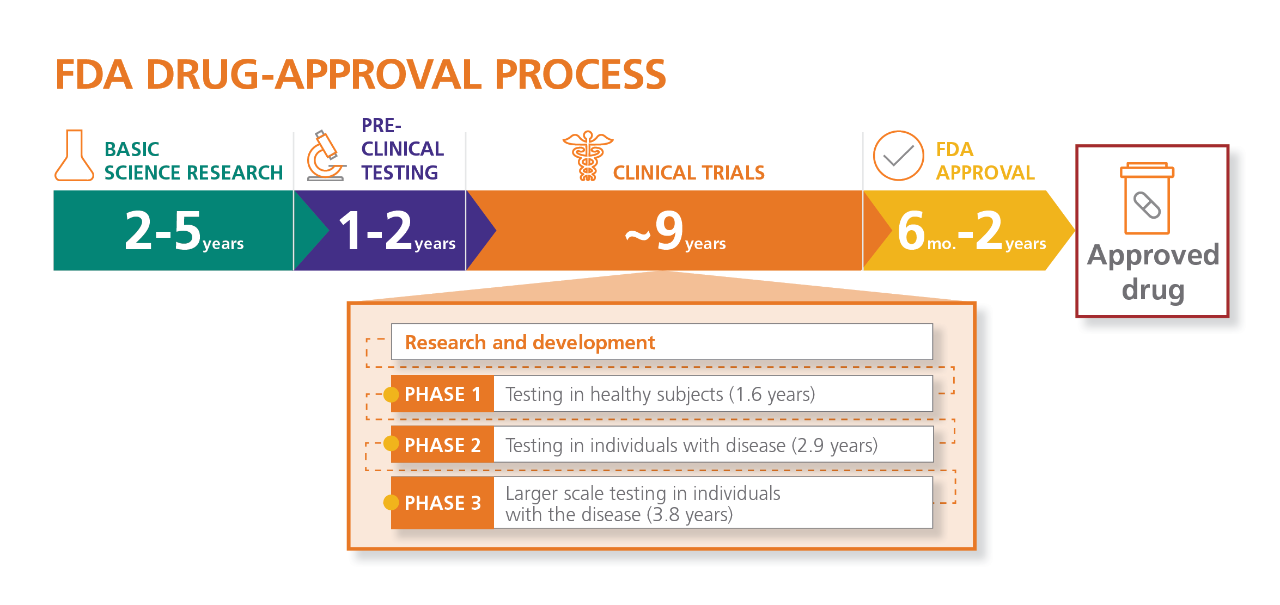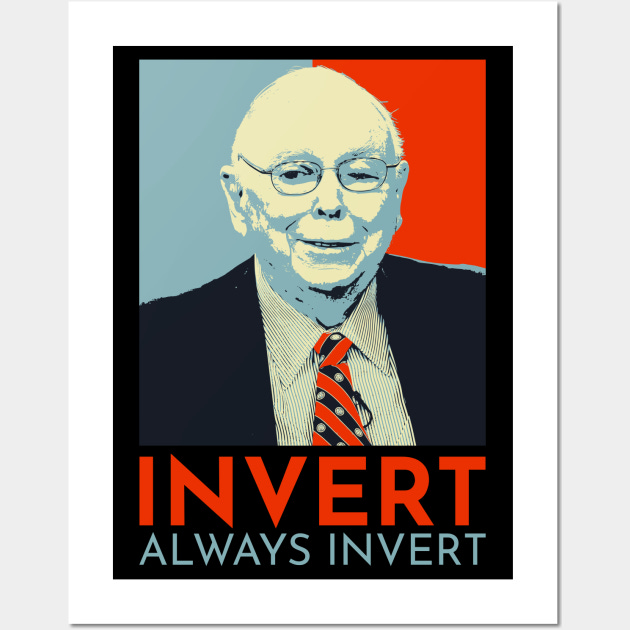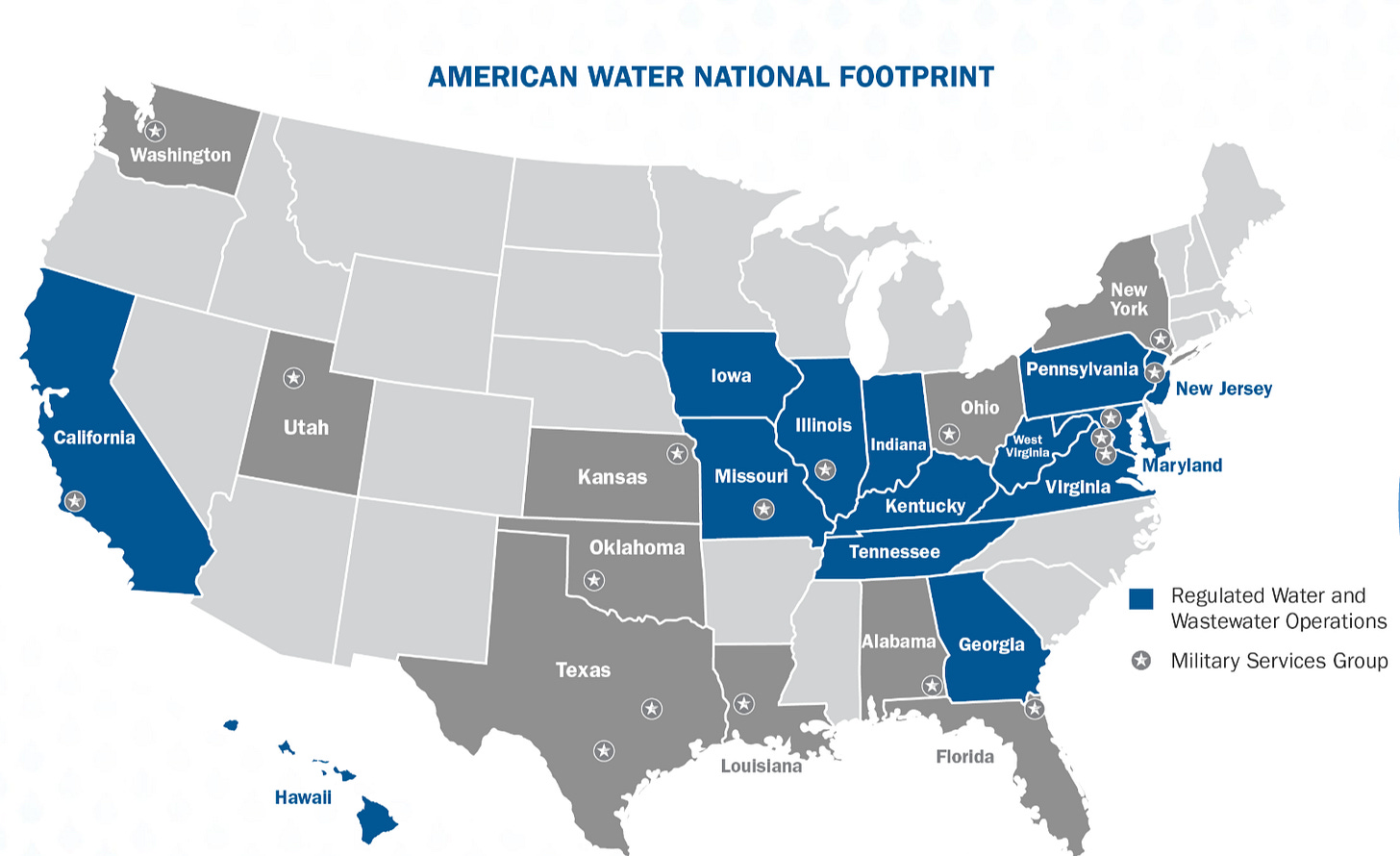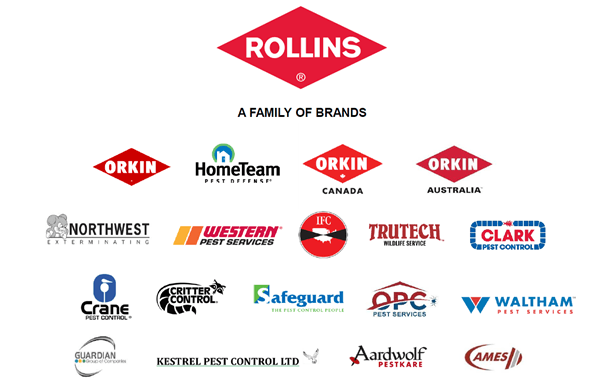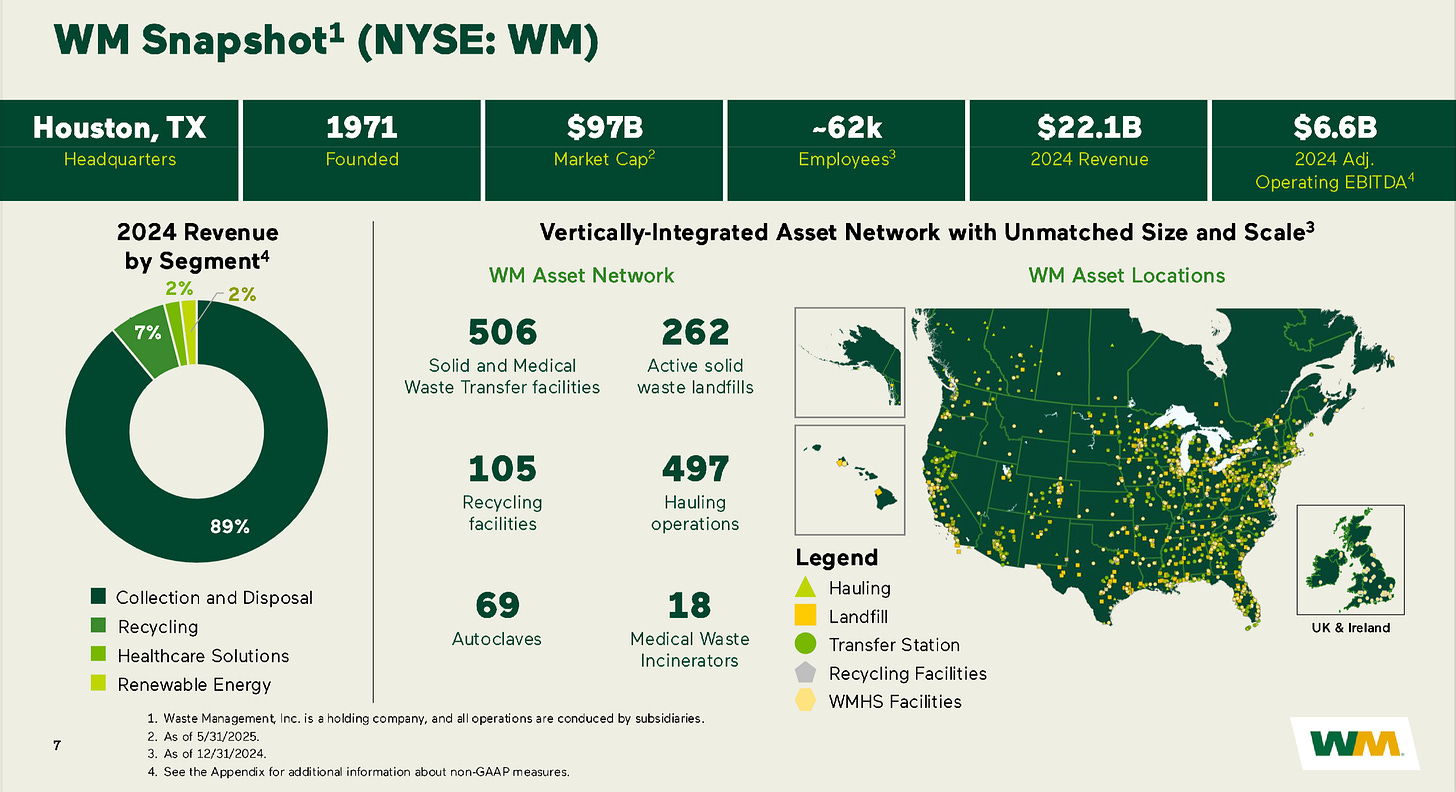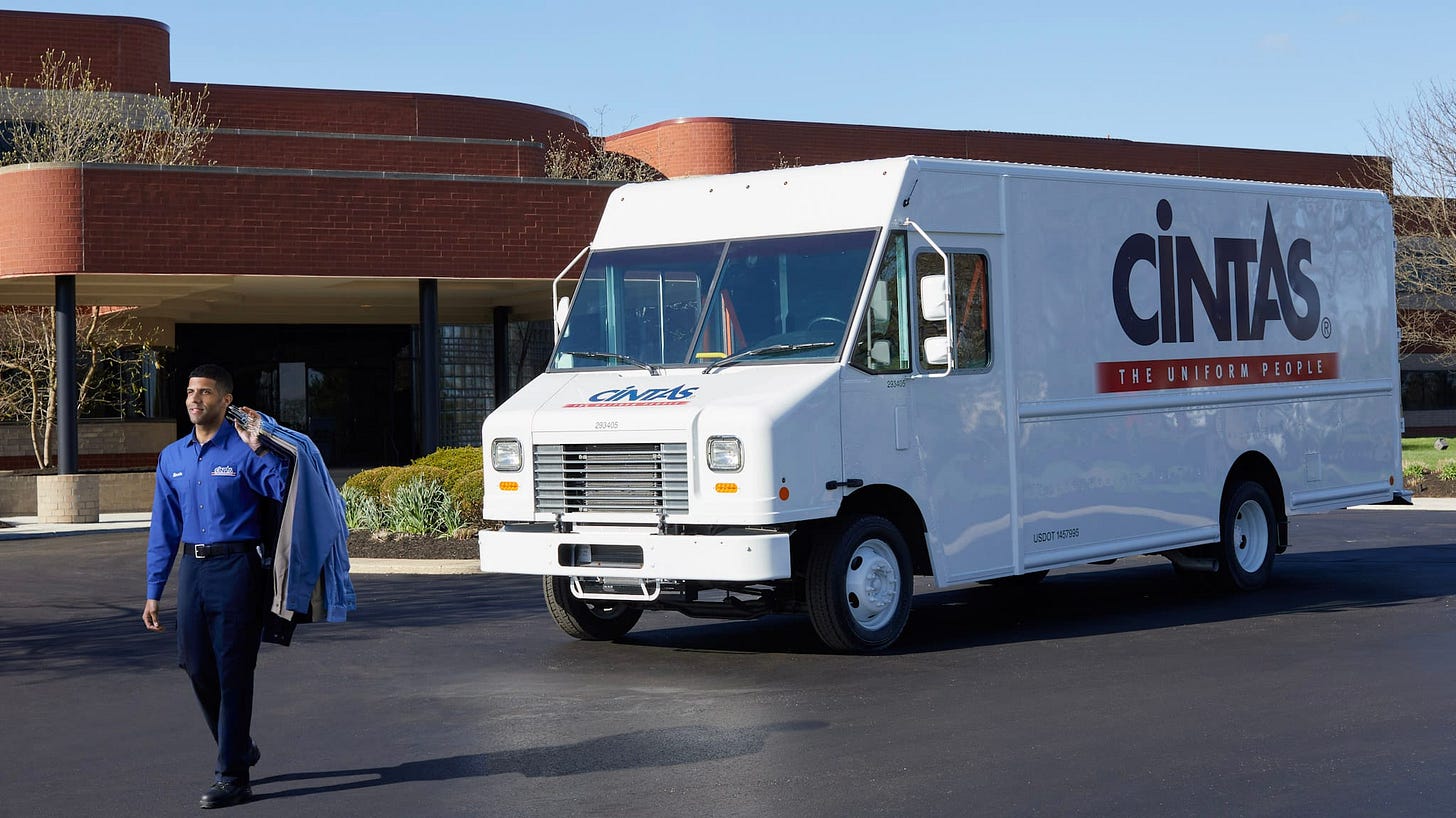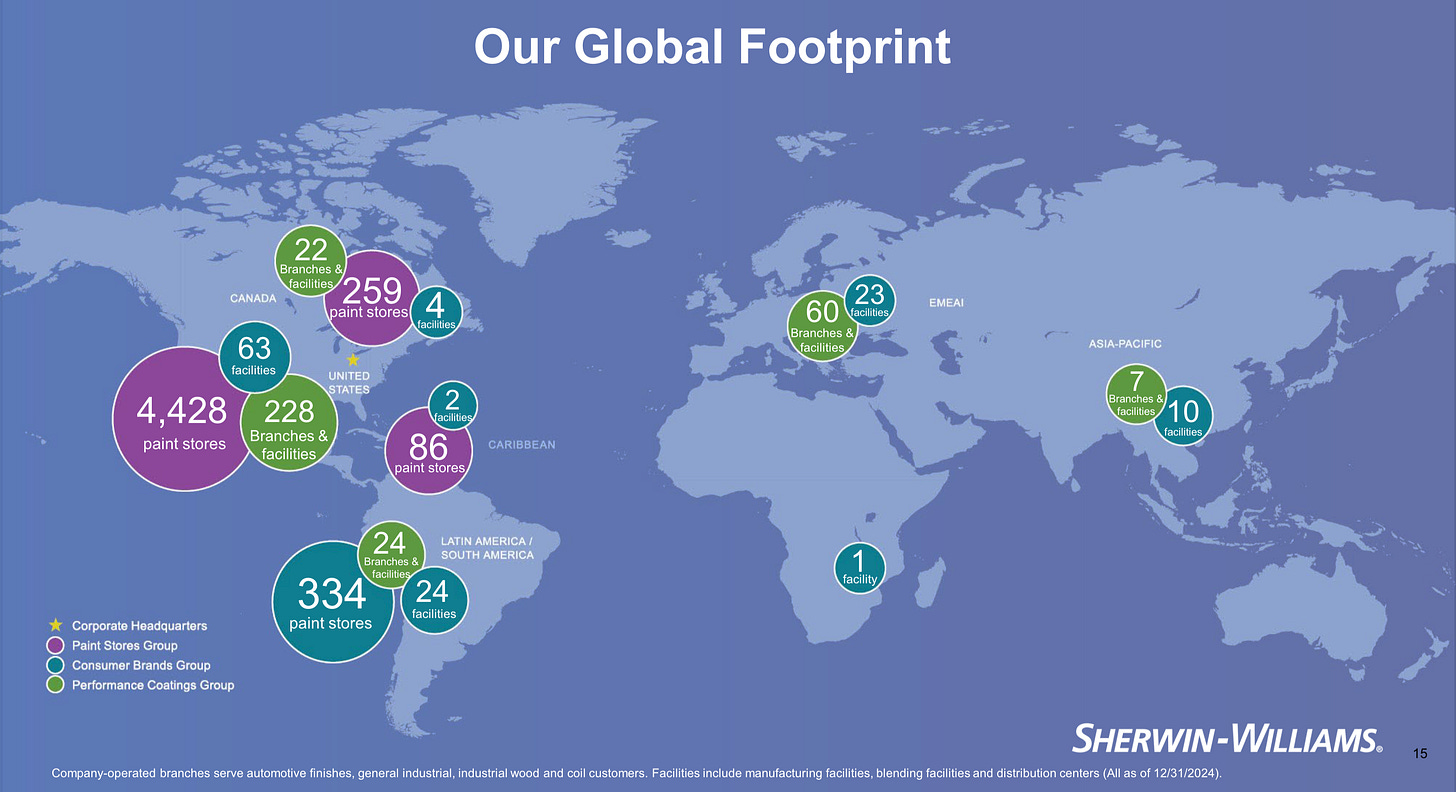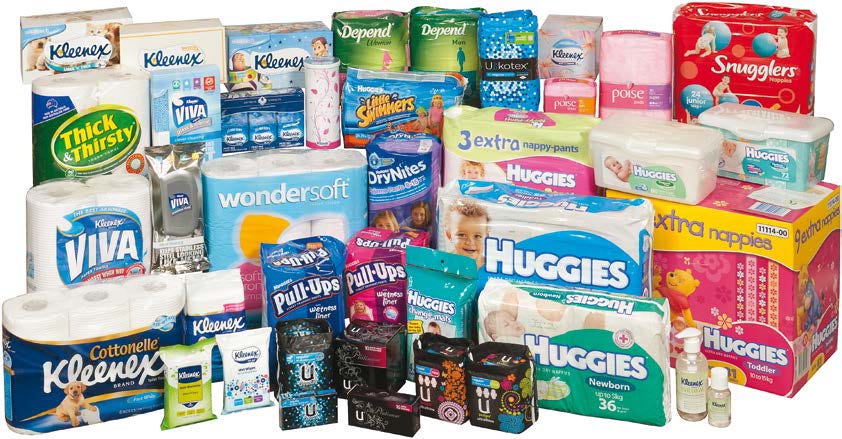On Monday, we talked about Charlie Munger’s 5 Rules For Wealth.
Today, we’re going a bit deeper into a few of them.
Let’s start with the last rule - choose strong, simple businesses.
Why simple?
Take Coca-Cola or AutoZone. They’re easy to understand:
People drink Coke.
Cars break, people buy parts.
Compare that to a start up pharmaceutical company. You’d need to know about science, trials, FDA rules, and a lot more.
The Importance of Predictability
Heraclitus, the Greek philosopher is credited with saying that “change is the only constant in life.”
But as investors, we don’t like change.
When we buy a company, we’re really buying its future cash flows. If those cash flows drop, we don't get the return we’re looking for.
That’s why simple businesses are better.
People keep drinking Coke, even in a weak economy.
Cars always break, and people need parts to fix them.
Complex businesses, like drug start-ups, are full of risk:
The drug could fail
Side effects could show up
Rules and regulations might change
A bigger company could buy them
Investors don’t like surprises.
We want steady, predictable cash flows.
Inversion
This way of thinking - asking what could go wrong - is called inversion, and it was Munger’s first rule we talked about on Monday.
Jeff Bezos tied the importance of inversion and predictability together with one of my favorite quotes:
“I very frequently get the question: ‘What’s going to change in the next 10 years?’ And that is a very interesting question; it’s a very common one. I almost never get the question: ‘What’s not going to change in the next 10 years?’ And I submit to you that that second question is actually the more important of the two -- because you can build a business strategy around the things that are stable in time. ... [I]n our retail business, we know that customers want low prices, and I know that’s going to be true 10 years from now. They want fast delivery; they want vast selection. It’s impossible to imagine a future 10 years from now where a customer comes up and says, ‘Jeff I love Amazon; I just wish the prices were a little higher,’ [or] ‘I love Amazon; I just wish you’d deliver a little more slowly.’ Impossible.
Charlie Munger, Heraclitus, and Jeff Bezos all give us the same lesson:
The best investments are simple businesses built on things that won’t change.
Let’s learn from them and think about which businesses will stay the same over the next 10–20 years.
What Things Won’t Change?
People Will Always Need Water
American Water Works (AWK) is a company that provides water and wastewater services to homes and businesses.
Why is it stable?
Water and wastewater are basic needs that people rely on constantly for drinking, cooking, and cleaning.
No matter how trends or technology change, people will always need water.
Prices and operations are often overseen by government regulators, which adds stability and predictability.
Building new water and sewage systems is expensive and complex, so customers usually stick with their local provider.
American Water Works sells fundamental human needs that are steady and not easily disrupted by changing consumer preferences.
People Will Always Want Pest Control
Rollins (ROL) is a company that provides pest control services to homes and businesses. They help protect people, food, and buildings from bugs, rodents, and other pests.
Why is it stable?
Pests never go away: people will always need protection from them.
Demand is steady across all regions and climates.
Pest control is a recurring service, not a one-time purchase.
Required service: Businesses like restaurants and hotels must use pest control to meet health standards.
Rollins benefits from a never-ending need for clean and safe spaces.
People Will Always Produce Trash
Waste Management (WM) collects, recycles, and disposes of trash across North America. They also run landfills and recycling centers.
Why is it stable?
Everyone produces waste, every day.
Trash removal is a basic need for homes, businesses, and cities.
Landfills and recycling facilities are expensive to build, giving Waste Management a strong moat.
Long-term contracts with cities and businesses lock in revenue.
Garbage doesn’t stop, and neither does Waste Management.
Businesses Will Always Need Clean Workplaces
Cintas (CTAS) provides uniforms, cleaning supplies, safety gear, and other services to businesses. They also handle laundry and facility services.
Why is it stable?
Companies always need employees in clean uniforms and safe environments.
Recurring contracts keep revenue predictable.
Health and safety regulations require many of the services Cintas provides.
Cintas sells ongoing essentials that businesses can’t do without.
People Will Always Need Paint
Sherwin-Williams (SHW) makes and sells paints, coatings, and related products. Their stores supply homeowners, contractors, and industrial customers.
Why is it stable?
Buildings, bridges, and homes all need paint for protection and appearance.
Paint demand is steady, tied to construction and repairs.
They have a huge retail network, making them the go-to supplier.
Sherwin-Williams rides on the never-ending need to build, maintain, and improve buildings.
People Will Always Need Everyday Essentials
Kimberly-Clark (KMB) makes products like Kleenex tissues, Huggies diapers, and Cottonelle toilet paper.
Why is it stable?
Diapers, tissues, and toilet paper are everyday needs.
Demand doesn’t fall much in recessions, people can’t stop buying these items.
Strong brands create loyalty and repeat purchases.
Kimberly-Clark’s products are part of daily life and always in demand.
People Will Always Need Clean Water and Safe Environments
Ecolab (ECL) provides cleaning, sanitation, and water treatment solutions for industries like hotels, hospitals, and restaurants.
Why is it stable?
Clean water, food safety, and hygiene are essentials.
Regulations force businesses to meet strict health standards.
Ecolab has long-term contracts and global reach.
Ecolab’s services protect public health and will always be needed.
People Will Always Need Chemicals for Everyday Products
Stepan Company (SCL) makes specialty chemicals used in detergents, cleaners, personal care products, and many industrial goods.
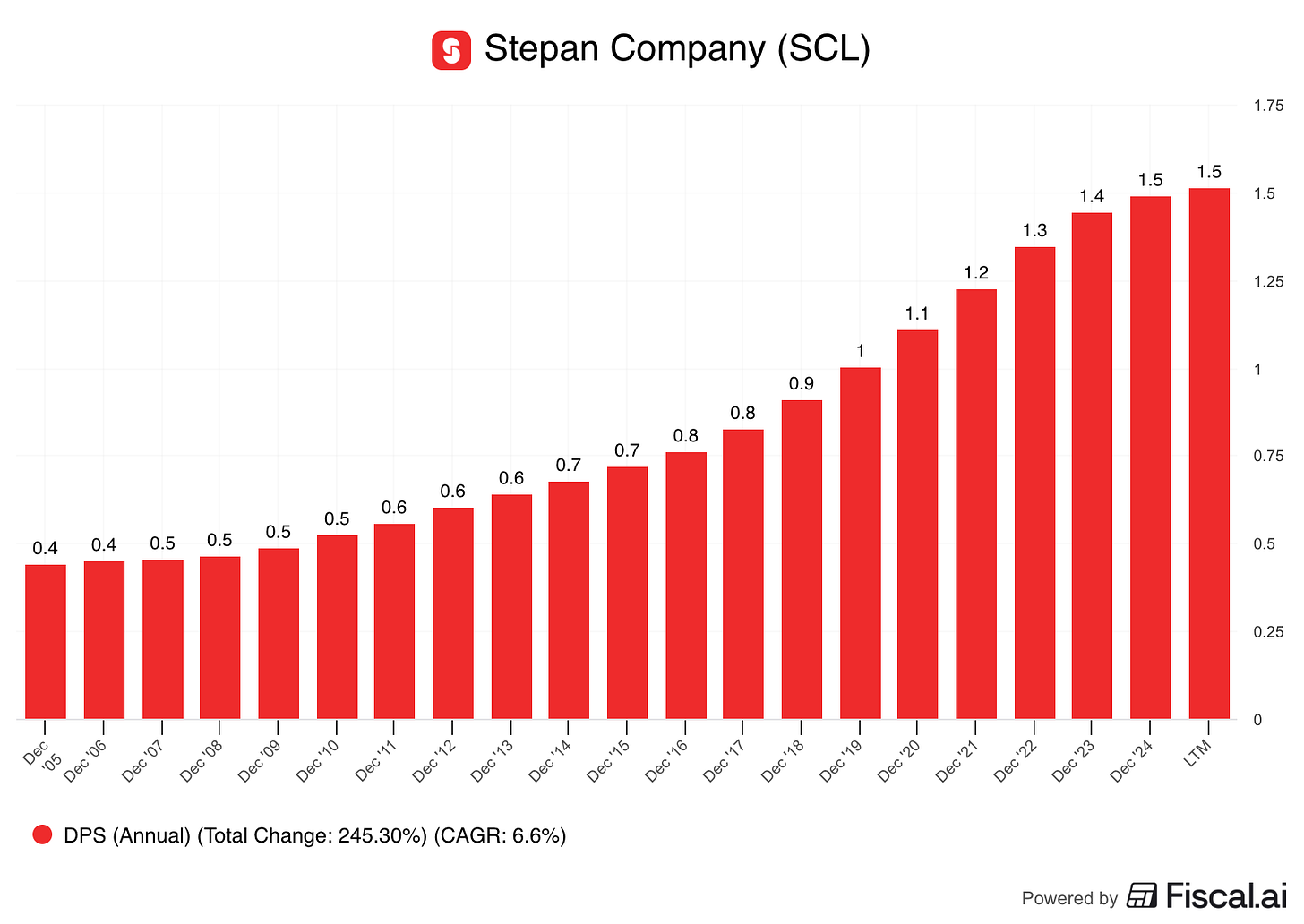
Why is it stable?
Their chemicals go into products people use daily - like soap, shampoo, and cleaning supplies.
Demand is steady, tied to everyday routines.
They supply large manufacturers that rely on consistent quality.
Stepan provides the building blocks for essentials we all use without realizing it.
That’s It for Today
The best businesses to own are the ones least likely to change.
The ones that sell essentials that people and companies will always need, regardless of the economy, technology shifts, or new fads.
Here’s a quick recap of the companies we covered:
American Water Works (AWK): People will always need water for drinking, cooking, and cleaning.
Rollins (ROL): Pests never go away, so homes and businesses will always need pest control.
Waste Management (WM): Everyone produces trash, making waste collection and disposal unavoidable.
Cintas (CTAS): Businesses will always need clean uniforms, supplies, and safe workplaces.
Sherwin-Williams (SHW): Buildings and infrastructure always need paint for protection and upkeep.
Kimberly-Clark (KMB): Products like diapers, tissues, and toilet paper are everyday essentials.
Ecolab (ECL): Clean water and sanitation are non-negotiable in industries like healthcare and hospitality.
Stepan (SCL): Their specialty chemicals are hidden inside daily-use products like soap, shampoo, and detergents.
If you want steady dividends and predictable growth, look for companies that meet needs people can’t live without.
One Dividend At A Time,
-TJ
Used sources
Interactive Brokers: Portfolio data and executing all transactions
Fiscal.ai: Financial data


